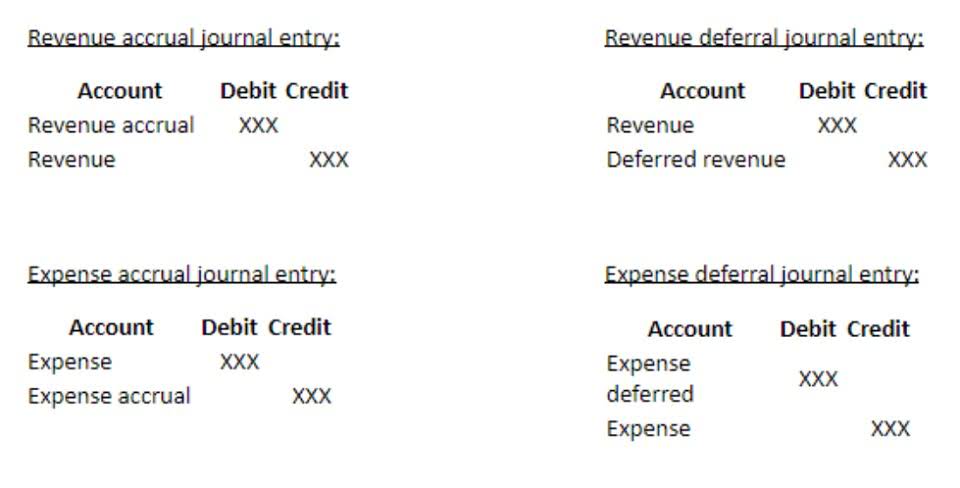
The American Institute of Certified Public Accountants (AICPA) and the Financial Accounting Standards Board (FASB) have created standard accounting principles (GAAP) for nonprofits to follow. As you collect funds, pay expenses, and prepare reports, keeping these principles in mind is vital. Nonprofit accounting is complex and has many specialized requirements, but Fohrman & Fohrman, Inc., can be your foundation for making informed financial management decisions.
Nonprofits prepare financial statements, including financial position (balance sheet), statement of activities (income statement), and statement of cash flows. These statements provide a snapshot of the organization’s financial health and performance. Financial statements are created to let the nonprofit and its donors know how much money the organization has, where the money is, and how it got there.
Bookkeeping for Nonprofits – All You Should Know
Bookkeepers with this background will help create internal reports that don’t need much updating by your accountant and can save your nonprofit money and time. Since 1999, Fohrman & Fohrman has helped hundreds of organizations of every size by providing specialized nonprofit accounting expertise on demand. Just like the statement of financial position, the statement of activities keeps net assets that have conditions and stipulations attached to them separate from unrestricted funds. Nonprofit-friendly accounting software shouldn’t just allow you to create professional-looking budgets. They should also let you track how your income and spending for the year compare to your budget goals.
Once you’ve got your bookkeeping system setup and have started generating financial statements, the final piece of the nonprofit accounting puzzle is getting your tax obligations straight. Nonprofit accounting and bookkeeping revolve around representing an organization’s financial records in compliance with generally accepted accounting principles (GAAP). They are responsible for implementing an accurate bookkeeping system that will reflect the financial transparency of the organization. A nonprofit’s revenue usually includes program fees, membership dues, donations, sales income, proceeds from fundraising events, and investment income. Expenses incurred typically include travel, postage, salaries, rent, fundraising expenses, and financial services.
Do nonprofits need accountants?
Join over 1 million businesses scanning & organizing receipts, creating expense reports and more—with Shoeboxed. Turn your receipts into data and deductibles with our expense reports that include IRS-accepted receipt images. Nonprofit bookkeeping involves several key tasks if you want to establish an efficient and effective accounting system. All grants and gifts are included in your total revenues if you run a non-profit.

It helps nonprofits analyze past financial performance, project future income, and expenses, and make informed decisions regarding program activities, fundraising efforts, and resource allocation. Nonprofits rely on donations and grants from individuals, corporations, and other sources. Effective bookkeeping helps track and acknowledge donations, maintain donor records, and generate Bookkeeping Services in Lincoln reports to demonstrate accountability and transparency to donors. Many nonprofits use fund accounting to track and report financial activities separately for different funds or programs. This allows better monitoring of funds allocated and spent for specific purposes. Looking up a nonprofit’s Form 990—using services like Guidestar.org—can tell you a lot about its financial state.
